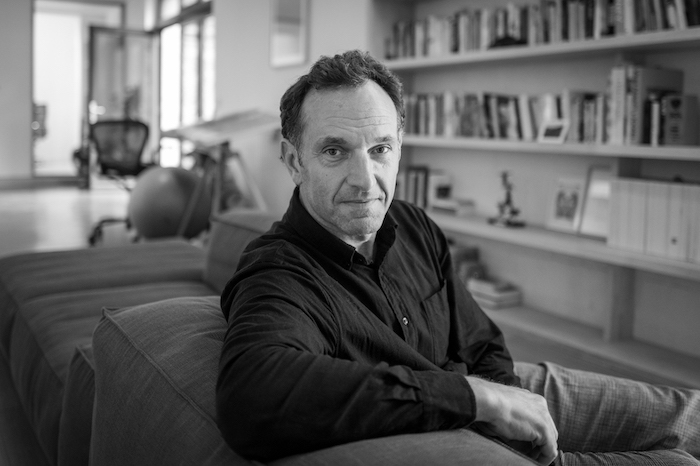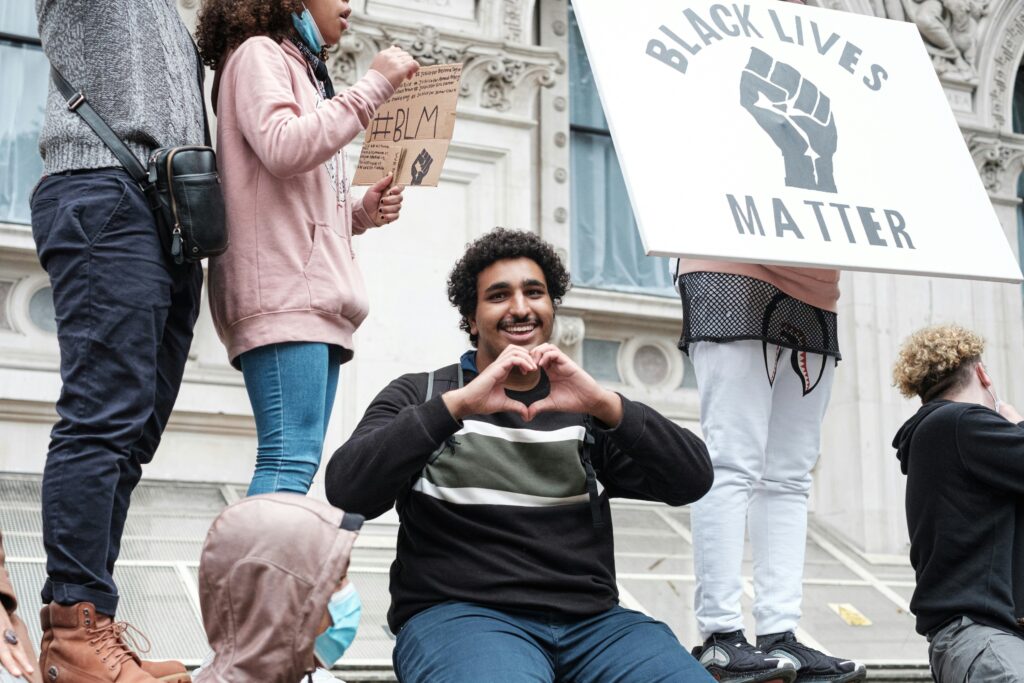Today’s citizens are waiting to be listened to. Not on an ad hoc basis, and certainly not just when we’re thinking about them. But on an ongoing basis, providing a useful voice when the need to express oneself is felt most urgently.
“I hope that the decision to consult can be implemented throughout the country, and that this debate can be held throughout the country and on social networks, and that all interested associations, including local ones, can take part,” conceded Emmanuel Macron on 27 November after two weeks of demonstrations, breaking with the method of government to which he had accustomed us.
Who doesn’t feel that the promise of “major grassroots consultation” is a little late in coming? Who hasn’t been struck by the difference in style between the electoral campaign of the “marchers”, who are supposed to be very attentive to what people have to say, and the very top-down way in which power is exercised? The representative democracy of the 21st century can no longer put up with ancient practices.
Today’s citizens need to be listened to. Not on an ad hoc basis, and certainly not only when we think of them, like a friend we would only call when we need him. But on an ongoing basis, providing a useful voice when the need to express oneself is felt most urgently.
In my last book, Petit manuel de créativité politique – Comment libérer l’audace collective, prefaced by Nicolas Hulot before he took up his post as Minister, he said that he hoped, along with the philosopher Dominique Bourg, that “the political arena would become a ‘turbine’ capable of channelling this continuous flow of decentralised ideas and producing the ‘electricity’ needed for change”.
Listening, not just at election time
During the presidential campaign, the “marchers” did turn their ear to the ground. But they did so to shape a political marketing plan that was more qualitative and innovative than that of their competitors. The listening was real, but instrumental. And then, once the objective had been achieved and power won, the practice was forgotten. As with Barack Obama in 2008, we move on, in the words of Jeremy Heimans, co-founder of the online petition platform Avaaz, from the mobilisation of “new power” to the disillusionment of a return to the practice of “old power”.
The new power is the flow of energies, ideas and individual aspirations that nobody possesses. “The aim of the new power is not to accumulate it, but to channel it”, in a participatory mode, for the common good, explains Jeremy Heimans. The old power was hoarded like money by a small group, inaccessible and descending.
Old and new forms of power… at the same time.
Jeremy Heimans is inviting us to become “bilingual”, in other words to allow “old” and “new” powers, representative democracy and traditional institutions to co-exist with new forms of participation and expression.
Mr Macron’s government is learning this the hard way. If only it had maintained channels of communication with intermediary bodies and citizens as diligently as it did during the election campaign, the current setbacks could undoubtedly have been avoided. And the feeling of incoherence avoided.
Too costly, this regular inclusion of stakeholders? Reign of popular dictatorship? Or even the diktat of emotions, some would protest? We now know how to organise a dialogue on complex issues with the nation’s “living forces”, as they used to be called, and its citizens.
Look in and around France: Agora Energiewende in Germany, a structure that brings together trade unions, businesses, consumers, environmentalists and government to manage the transition away from nuclear energy; a citizens’ assembly in Ireland to prepare a referendum on the highly sensitive subject of abortion; lengthy citizen deliberations in Canada and Australia to prepare complex draft laws; participatory budgets and other serious consultative mechanisms in the French territories…
Or the fifty or so innovations by members of the majority to “govern differently”, such as Matthieu Orphelin’s “open parliament”, the “citizens’ questions to the government”, or Sandrine Mörch’s “immersion report” with farmers in the Pyrenees. These experiments, marginal and little known, should inspire the executive.
We have learnt that we cannot try to “go as fast as possible”, that dialogue must be structural and not episodic, and that we must devote resources to seeking out participants, facilitating informed and balanced deliberations and ensuring that external contributions are handled transparently by the public authority.
It’s high time democracy became bilingual and more representative.
Originally published in L’Echo.




